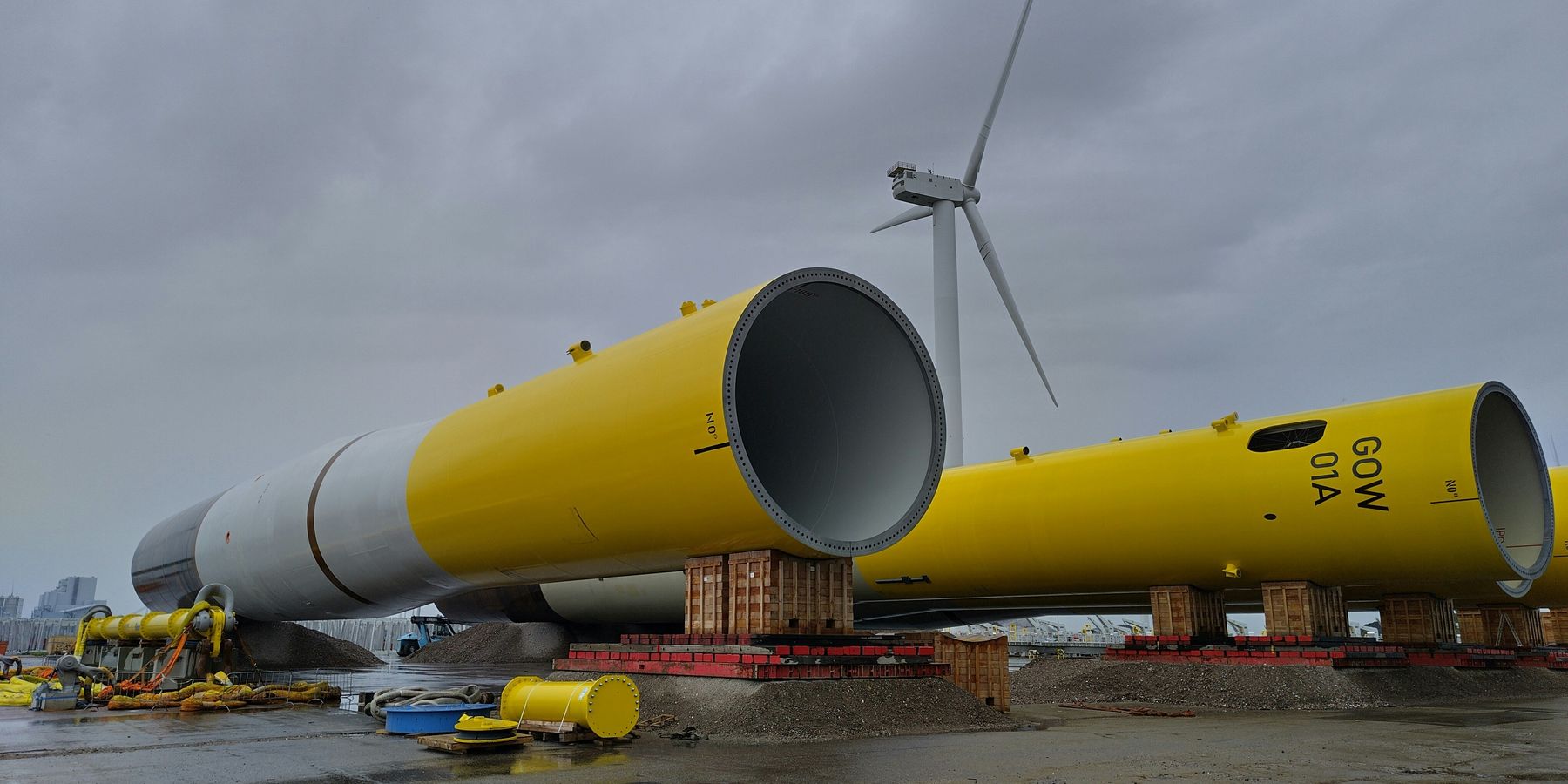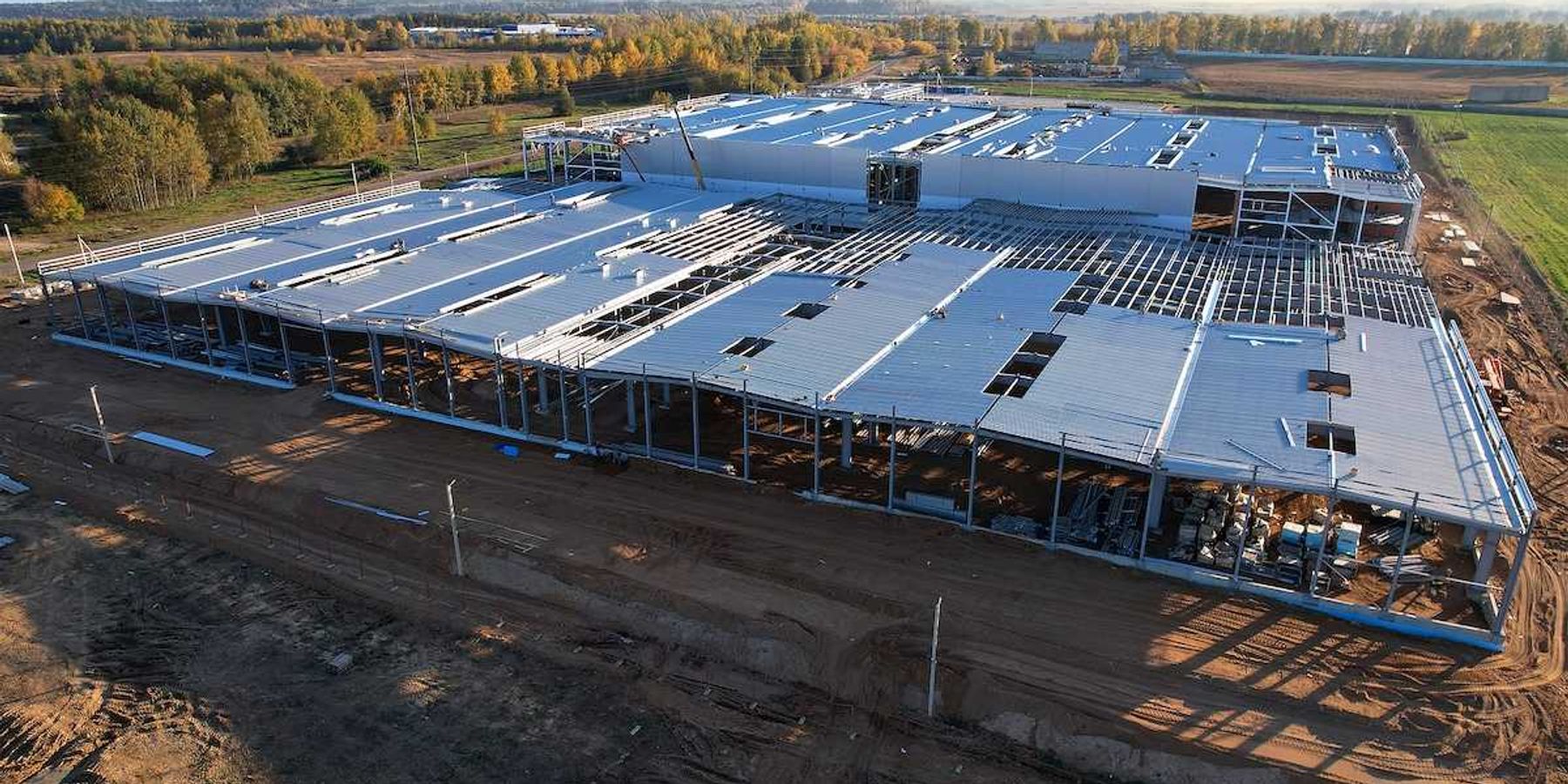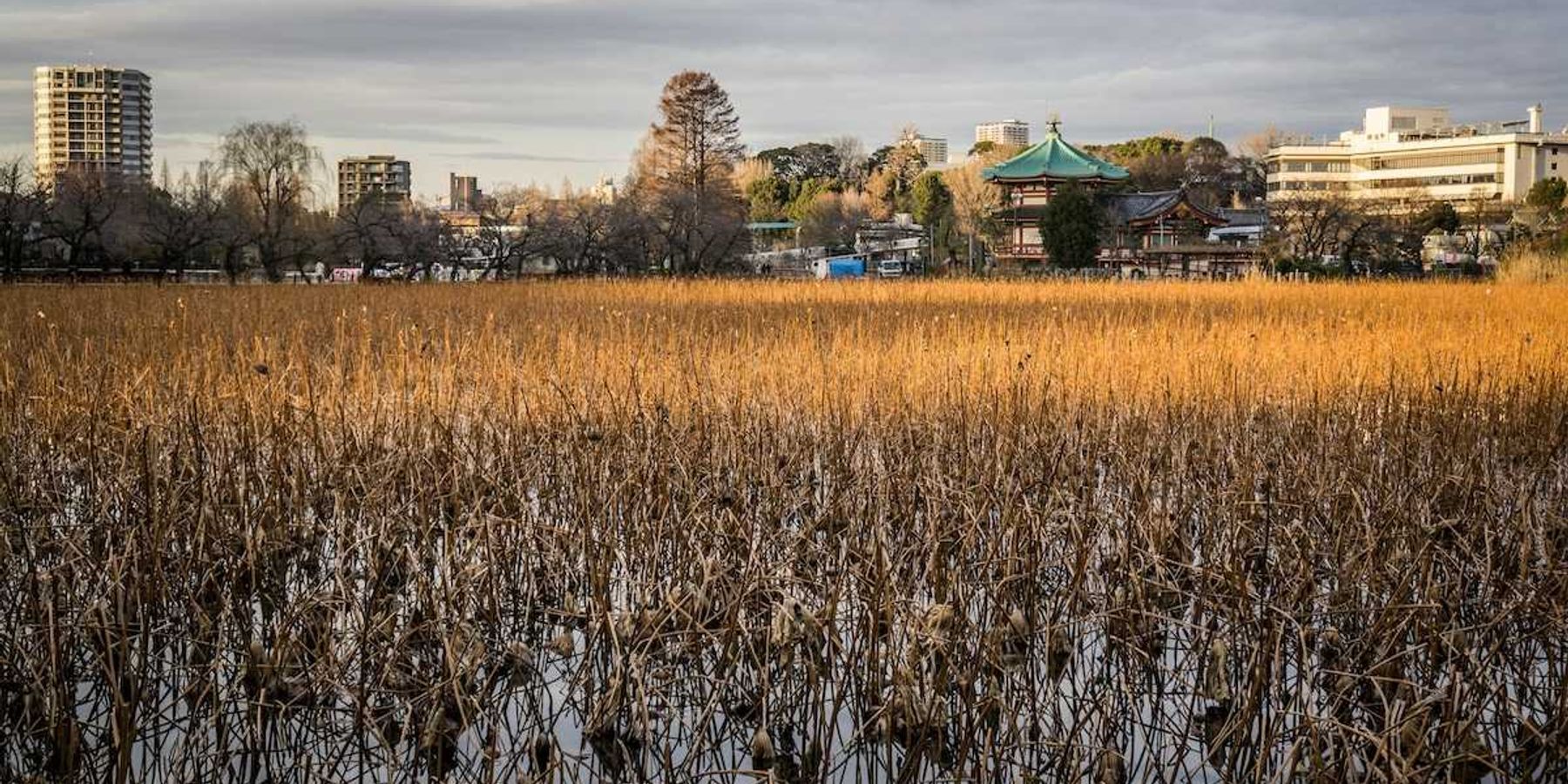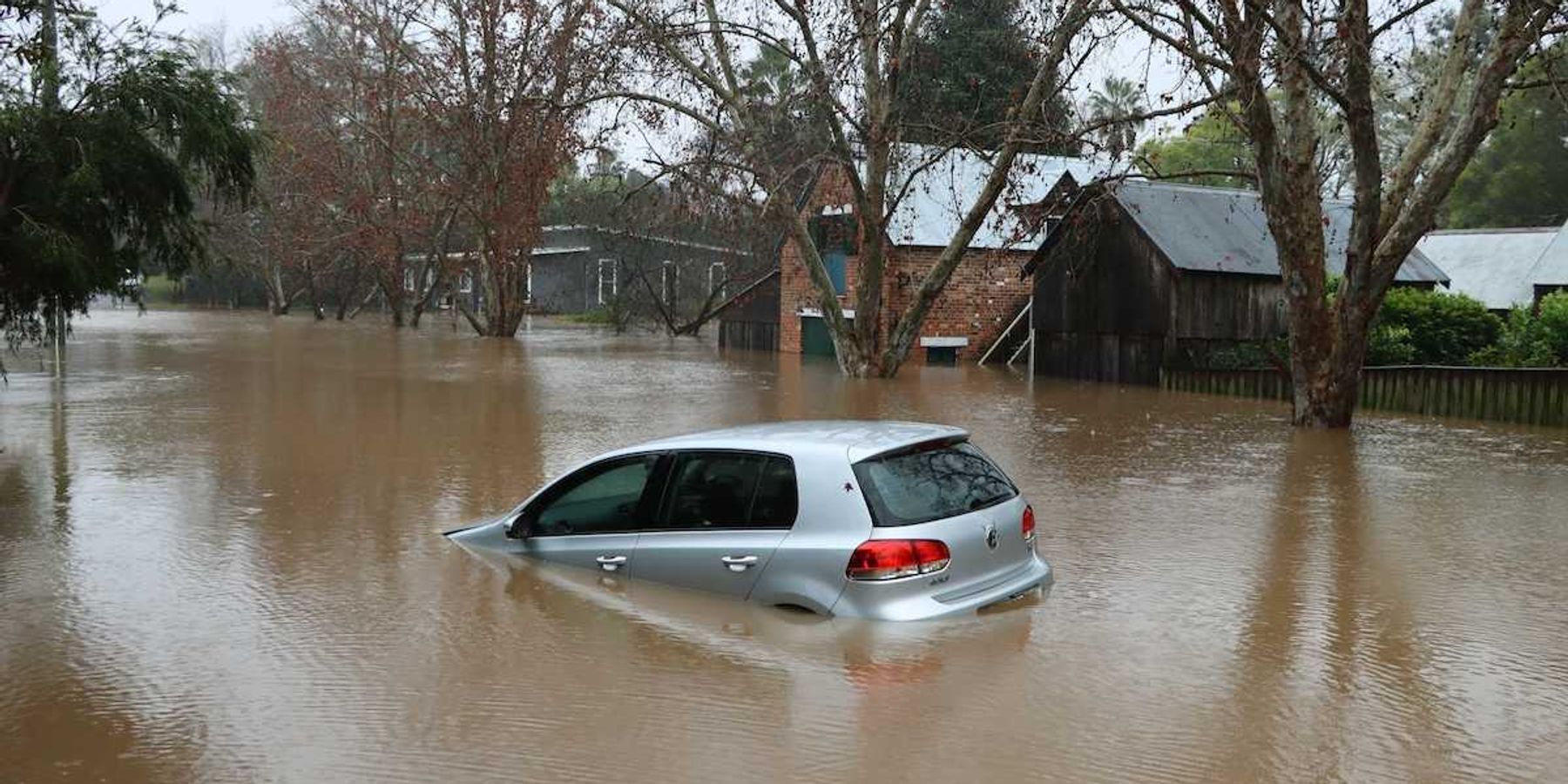10 May 2024
Exploring the 15-minute city concept for sustainable urban living
The 15-minute city concept promotes healthier living through reduced car dependence and increased local engagement.
Claire Elise Thompson reports for Grist.
In short:
- Carlos Moreno advocates for cities where daily necessities are reachable within 15 minutes on foot or by bike, enhancing quality of life and reducing car reliance.
- Implementation of this concept in Paris has cut down traffic and pollution substantially, showcasing its effectiveness.
- The model faces criticism regarding potential increases in social inequities, underscoring the need for inclusive planning.
Key quote:
"It’s an invitation to reinvent our lifestyles and urban practices to build a better future, where sustainability, equity, and well-being are at the heart of our concerns."
— Carlos Moreno, scientist and mathematician
Why this matters:
The 15-minute city concept can transform urban living, making healthier lifestyles more accessible and reducing environmental impact. Read more: The next global transformation of cities.













